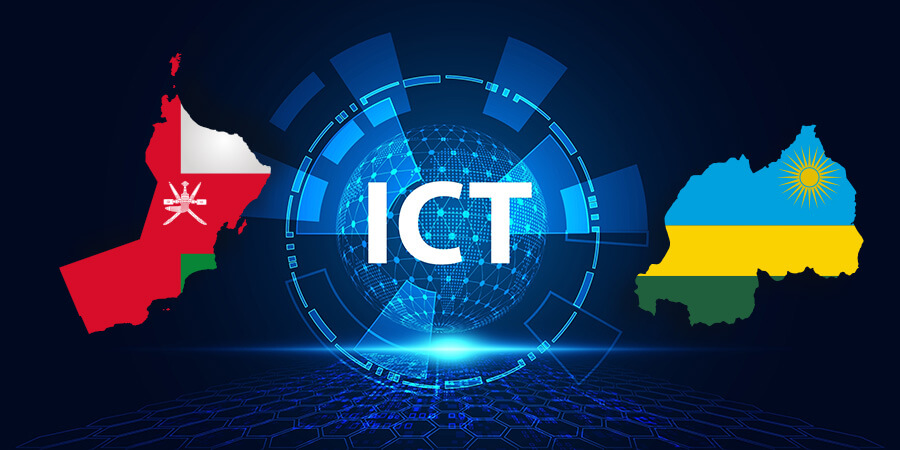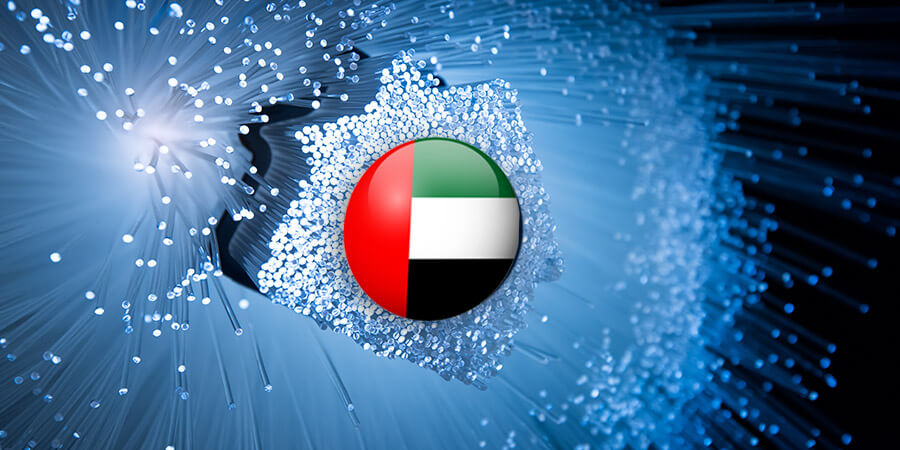Observed on April 10th, Global Work From Home Day highlights the rise of remote and hybrid work. Once a necessity, it has become a preferred, sustainable model across industries as companies now rely on cloud-based tools, artificial intelligence (AI) solutions, and secure digital infrastructure to support seamless operations.

Reports and Coverage
The Path to Autonomous Networks: AI and Automation
By Rohit Chowdhary, Head of Advanced Consulting Services, Europe-MEA, Nokia
Connecting Creativity, Content, and Tech: What to Expect at CABSAT and Integrate ME 2025
The highly anticipated CABSAT and Integrate Middle East (Integrate ME) are set to return in 2025 with their latest editions, taking place from 13 to 15 May 2025, at the Dubai World Trade Centre (DWTC).
Finding New Growth Drivers in Telecom
The Information and Communication Technology (ICT) industry stands at a crossroads, balancing immense growth opportunities and significant challenges. While rapid technological advancements promise boundless possibilities, obstacles such as trade wars and geopolitical tensions threaten to impede progress.
Oman and Rwanda Strengthen ICT Cooperation
The Sultanate of Oman and the Republic of Rwanda have signed a Memorandum of Understanding (MoU) to enhance cooperation in the fields of information and communication technology (ICT) and digital economy development.
Enhancing Network Operations Efficiency with AI
Over the years, artificial intelligence (AI) has rapidly transformed the digital landscape, offering unprecedented opportunities to enhance efficiency, scalability, and security.
The Digital Toll: Why the World is Taxing Tech Titans
In the shadowy realm where cloud servers hum and algorithms rule, tech giants have long sparred with national tax authorities; now, a reckoning is underway. From the boulevards of Paris to the corridors of Westminster, governments are erecting fiscal guardrails to ensure Silicon Valley, and its digital offspring worldwide, pays its dues.
AI’s Potential Must Be Shared Equally, UN Urges
The UN Trade and Development (UNCTAD) expects artificial intelligence (AI) to reach USD 4.8 trillion in market value by 2033, becoming a prominent force in digital transformation. However, it noted that access to AI infrastructure and expertise remains concentrated in a few economies.
Digitalization and Fraud Risks: The Role of Telcos in Ensuring Protection
Digitalization has simplified many everyday activities, from financial transactions to communication. However, beneath the surface lies a volatile system vulnerable to exploitation. As digital services expand, fraud risks grow, requiring proactive strategies to mitigate threats.
UAE Does It Again: Global FTTH Leader for Nine Years Straight
For the ninth consecutive year, the UAE remains to be the global leader of fiber-to-the-home (FTTH) penetration, boasting a 99.5% rating.

















